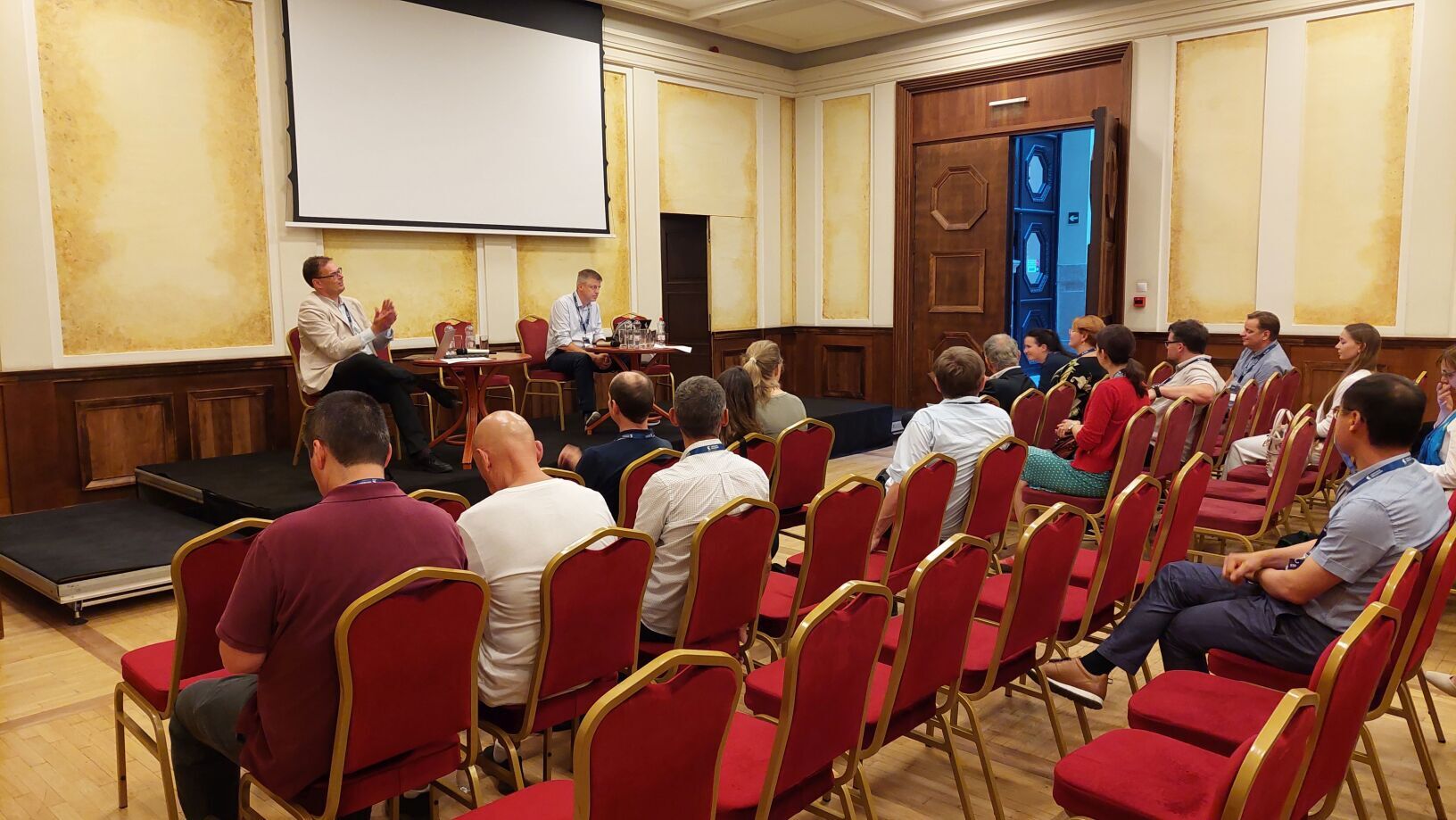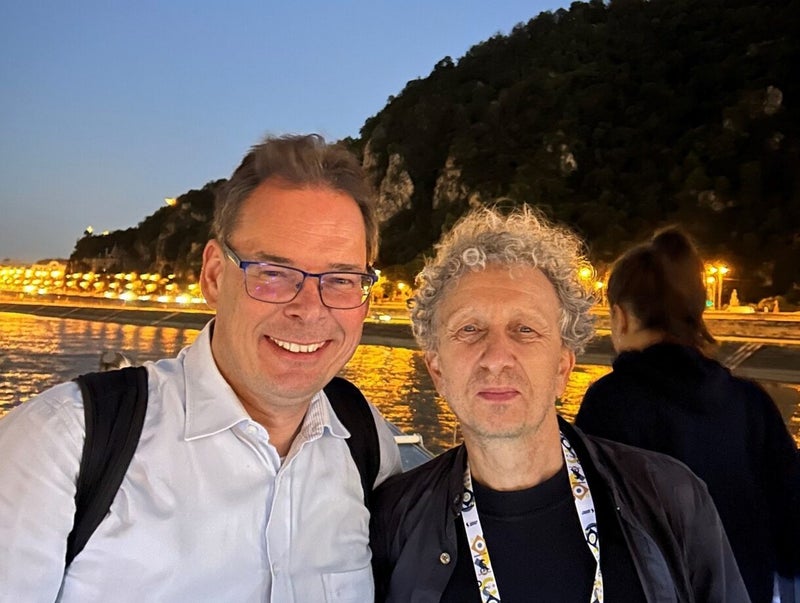Wandering in the metaverse: Corvinus held an European conference on e-participation

How familiar should a middle manager in a ministry be with new technologies in order to make an informed decision about their use in public administration? What can public authorities do to control the discourse on social media platforms? What are the most pressing issues for electronic voting and online political participation at home and abroad? All of these diverse issues are linked by the rapid evolution of the technological background, which now affects almost all areas worldwide. Advanced technology brings a wealth of opportunities for governments and the public sector, but also presents public bodies with many new challenges they have never faced before. Participants of this year’s IFIP EGOV conference discussed the most topical issues and challenges of the interaction between the public sector and technology at Corvinus University between 4 and 7 September.
One of the invited Hungarian guests at the conference, Dr András Koltay, President of the NMHH and the Media Council, spoke about the relationship between freedom of expression and social media platforms, and the dilemmas raised by state actors trying to regulate communication on these sites.
“These are far from clear-cut situations. On the one hand, for example, certain public actors have a duty to restrict discourse that infringes democratic rights, such as hate speech, but on the other hand, the legal situation is not straightforward to actually restrict it in the online space. On the other hand, Facebook, Instagram or Twitter administrators can ban specific individuals, and in other cases they have the technical means to lift or restrict a topic on their pages. The issue is further complicated by the fact that these platforms are partly required to restrict certain content, but this can vary widely from country to country, and the oversight is unclear. ” – explains Csaba Csáki, Associate Professor at the Institute for Data Analytics and Information Systems.
Yogesh Dwivedi, Senior Research Fellow at Metaverse, was an invited international speaker at the three-day conference, and in his opening presentation he discussed where the technological development of metaverse is now and the regulatory issues it raises.
“In a meta world built to resemble reality, where you can buy your avatar a Nike shoe with your name on it for x dollars or trade virtual pieces of land, well, what happens if your avatar is peacefully walking around in this world and suddenly someone walks up and hits him? Is that a crime now?” – he recalls a moment from Yogesh Dwivedi’s lecture. According to Csaba Csáki, who says that at the current level of virtual reality, such an incident can cause serious psychological trauma to a person familiar with and actively moving in meta space.
Another example of the blurring of the boundaries between the real and virtual worlds and the regulatory dilemmas in this area is the field of simulation games. Today, all pilot training includes practising on simulators, but it is important to constantly make pilots aware that a mistake in virtual space without any particular consequence can be fatal in real life. In addition to these topical issues, Csaba Csáki believes that one of the most controversial areas of virtual reality regulation is the state regulation of crypto trading.
In total, 122 participants from 21 countries took part in the three-day conference, which covered ten major themes, with speakers from South Korea, Brazil, China, Japan and the United States, in addition to European participants. After the professional programmes, optional events were organised for participants, such as a wine tasting in Etyek and a Danube cruise. The feedback was good, and Csáki Csaba said that the participants had a positive impression of the university and Budapest.
According to the organiser, it was a significant event for Corvinus and – with regard to future cooperation – for colleagues doing research in this field in other Hungarian institutions that this year we managed to bring IFIP EGOV to Budapest.
“For me, the main message of this year’s conference was to be prepared. New technologies are becoming more and more widespread and their development raises increasingly complex regulatory issues. You can’t get around it, you can’t ignore it, I think the only way forward is for policy makers to follow the developments in the area.” – concluded the associate professor.

Marijn Janssen and Csaba Csáki